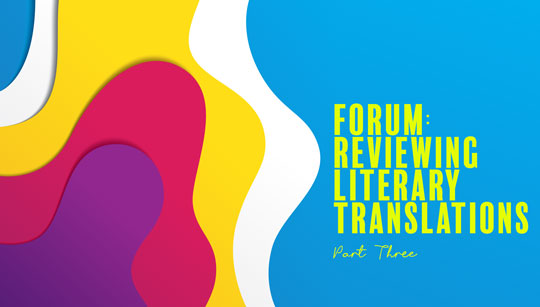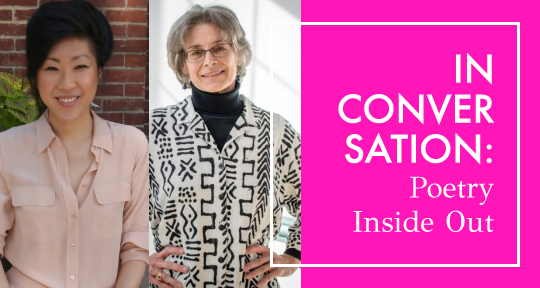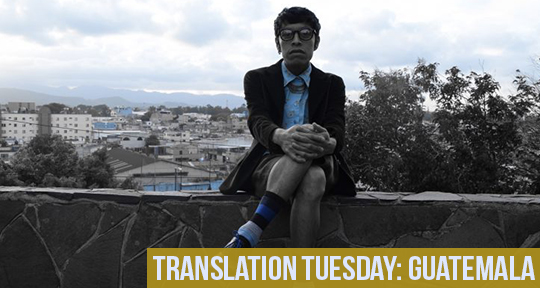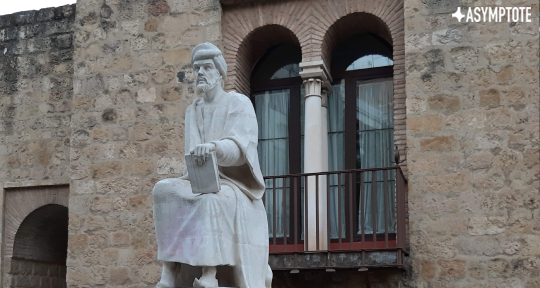This week’s dispatches report on a four-day literature festival in Italian-speaking Bellinzona in Switzerland, a new podcast dedicated exclusively to Guatemalan and Central American literature, as well as news of the arrest of journalist Hajar Raissouni in Morocco and a theatre group resisting such censorship and freedom of the press violation with a performance of Don Quixote.
Anna Aresi, Copy Editor, reporting from Switzerland
An interest in mapping (often the result of conquests and colonization) and remapping—rethinking what was erased and systematically left out in the mapping process—is at the core of Lost Children Archive, Valeria Luiselli’s latest novel. In Lost Children Archive, mapping is related to sound: “Focusing on sound forced me to hear as opposed to seeing, it forced me into a different rhythm. You cannot consume sound immediately,” she explains, “when focusing on sound, you have to sit with it, let it unfold.” It is within this rhythm, she adds, that English emerged as the language that was conducive to the writing of this novel, which she had begun writing in both English and Spanish simultaneously.
Luiselli reflects on this and other aspects of her writing in an intense conversation with Italian writer Claudia Durastanti, in the intimate setting of Bellinzona’s social theater.
Every year, Bellinzona—the capital of Swiss Italophone Canton Ticino—hosts Babel Festival, a four-day event entirely dedicated to literature and translation. This year’s fourteenth edition, entitled “You will not speak my language,” explored the limits and boundaries of language and literature, as well as languages that are “imagined, invented, despised, censored, regional, silent, visual, and enigmatic.”











